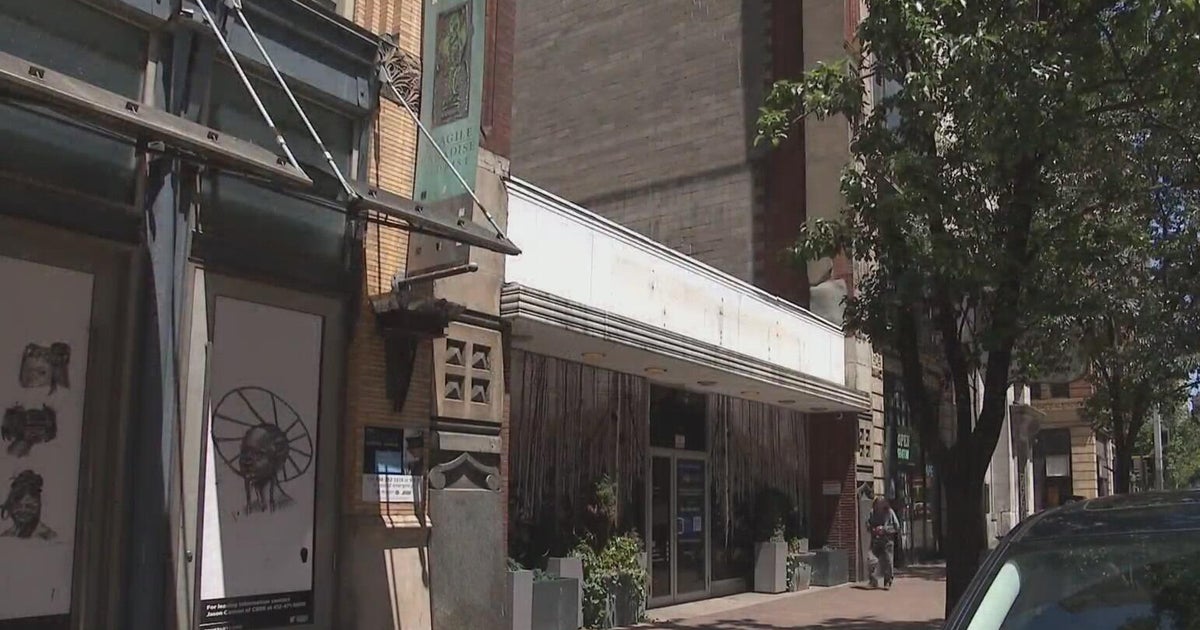Tips For Protecting Your Personal Information Before Tossing Your Old Computer
PITTSBURGH (KDKA) -- Think of all the things you do on your computer, all the personal information you share. You assume it's in a safe place, but is it really?
On a recent garbage day on quiet Senate Drive in Pleasant Hills KDKA's John Shumway found a computer next to the garbage can outside of a home.
Free to anyone passing by, we retrieved it and brought it to the computer wizzes at KDKA.
Less than 20 minutes later, we had a phone number for Jordan Jones and gave him a call.
"I couldn't believe it; I couldn't believe you had my tower it," said Jones.
It turns out from his rural home near Stahlstown, Jones' nonfunctioning computer went to his brother-in-law who gave it the curbside burial.
Jones knew if we got into his hard drive, we had a lot of his personal information like old report cards, family recipes and plenty of pictures.
"That's my old girlfriend, my high school sweetheart," he says of one of the photos.
It's a light-hearted moment with a serious undertone had the computer fallen in the wrong hands.
"I'm sure they could have stolen my identity, probably," said Jones. "Credit card info, emails, took over me.
On television shows, they make it look so easy to extract information from your computer, and the fact is, it is.
In Jones' case, his computer crashed, but connecting the memory to another computer with a couple of cables was all it took to reveal its secrets.
"Your main piece that holds all your data is your hard drive, which is this right here,
said Kevin Camp, of the Geek Squad. "This little device right here that gets attached to your motherboard."
So, if you're old computer is useless or cluttering up space and all your storage is right there in your hard drive, what are you supposed to do?
"The best thing you can do is remove the hard drive," said Camp. "There are just a couple of little screws. Every manufacturer is different how they are set in there; they are designed to come out real easy."
Undo the screws, and unplug the cables and that's it. Then, it's disconnected
"A lot of people save them because you never know," he added. "That data is still accessible; you might need that if you're talking about taxes and things along that line."
But if you have no desire to save the information and want to ditch or donate the computer, there are a couple of ways to erase the personal data from the hard drive.
For example, running the recovery disc that came with your computer, and answer "no" when it ask if you want to save the existing files.
"It will put a fresh copy of Windows on it, and it will erase everything on that hard drive; all your old data everything will all be gone.
Or purchase a wiping software.
"That will take all the information and rewrite it as zeros so there's nothing on there at all," Camp said.
But what about all those crime shows on television?
"For the average hacker, they are usually not going to have the equipment that sophistic to do such thing," Camp said.
But just in case.
"The sure way to make sure that everything is gone is to physically destroy the drive itself," he says. "The best way is to take a drill and drill right through it, like right through the center part of the drive itself. It will damage the plates inside there and you're not going to be able to retrieve anything off of that."
Or you could grab a hammer.
"Just drill a hole through it or smash it - that kind of thing, and you'll be okay," he said.
A critical point, just because your computer won't boot up, or won't work doesn't mean all your personal information isn't still on the hard drive.
Again the best idea, hands down is to remove the hard drive and just save it like any other file or important paper you have squirreled away.
RELATED LINKS:
More Featured Stories



